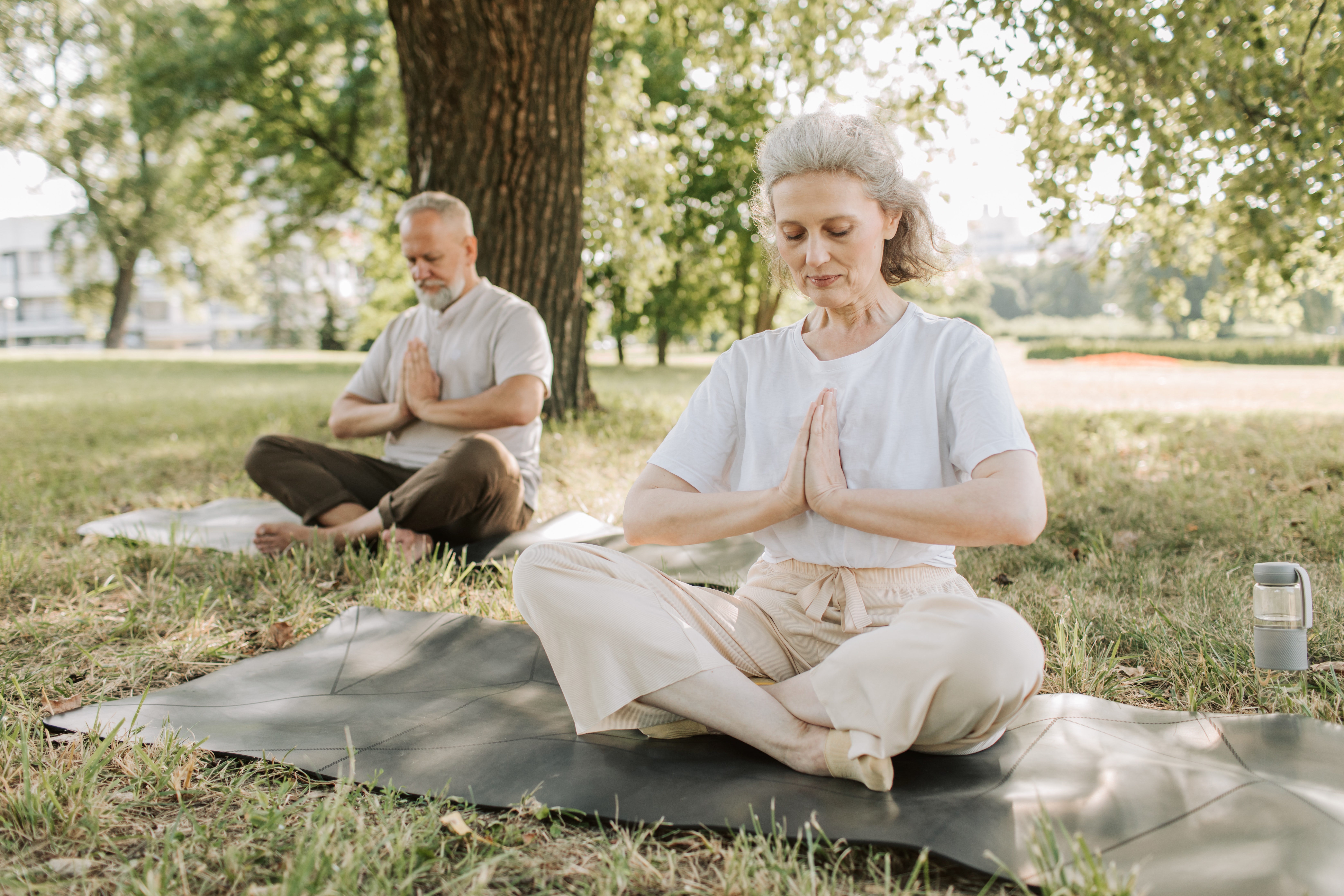As you get older and transition into retirement, your financial practices need to shift from working and saving to relying on your nest egg. Keep these tips in mind to help protect your money and avoid risky situations.
Set Up an Emergency Fund
Even if you are in a situation where you have saved enough money to cover ordinary retirement expenses, it’s always a good idea to keep some money aside to cover unforeseen circumstances, such as needing vehicle repairs or medical intervention. Building an emergency fund can prevent you from raiding your retirement account and reduces the likelihood that you’ll need to borrow debt at high interest rates.
Have a Long-Term Care Plan
Nearly 70% of adults 65 and older will need long-term care services at some point because of a disability or health issue, according to the Department of Health and Human Services. However, paying for long-term care can be tricky, and many seniors will encounter difficulties finding the financial resources they need.
To protect your finances, it is essential to factor in how you will pay for long-term care, because in many instances, Medicare will not cover the cost. Some avenues you could explore include:
- Looking into buying a long-term care insurance policy or a life insurance policy with a long-term care benefit
- Meeting with an elder law attorney to figure out if you qualify for Medicaid, which can cover the cost of some types of long-term care for low-income adults
- Talking to a retirement community about the costs of independent living andassisted living, so you have a better understanding of the figures
Identify Trusted Family Members
It can be reassuring to choose family members that you trust to help with your finances as you age. This could be the person you name as your power of attorney. By sharing details about your assets and accounts, you will give your trusted person the information they need to access your funds in emergency situations (such as cognitive decline), so they can manage your finances in the way you would have wanted them to. This way, you are also able to build a support system before you have any issues. The last thing anyone wants is for people you don’t trust to fill those support roles and take advantage of you.
Be Switched On About Scams and Fraud
Unfortunately, it's very common nowadays for older adults to become targets of scammers. But rather than let this worry you, the best thing you can do is to educate yourself about current scams. According to the AARP, if you know about a specific scam, you’re 80% less likely to engage with it, and if you do engage, you’re 40% less likely to lose money or sensitive information.
To get clued up on scams targeting the elderly, you can sign up for alerts from the AARP Fraud Watch Network and follow these best practices:
- Resist the urge to click on links in suspicious emails or text messages.
- Don’t answer calls from callers you don’t know. Let them go to voicemail so that if the caller leaves a message, you can listen with intent.
- If a phone call ever sends you into an emotional spin—fear or excitement, for example—that’s a big red flag.
- Not sure the call you’ve received is legitimate? Look up the organization’s number rather than call a number that has been left in a voicemail or message.
Move Towards More Conservative Investments
As you age, it makes sense to shift from higher-risk investments toward more conservative investments. Although high risk investments have the potential to net you a lot of profits, they also have a heightened chance of losing you money, as you may not have the time to weather the ups and downs. Opt for low-risk investments on the other hand, and you’ll have a safer, more predictable portfolio.
The Bottom Line
Ideally, your later years should be a time to enjoy life, not to feel worried about financial matters. By being aware of how you can protect your money and taking smart steps to prepare for the unknown, you can keep crucial assets safe and sound.




